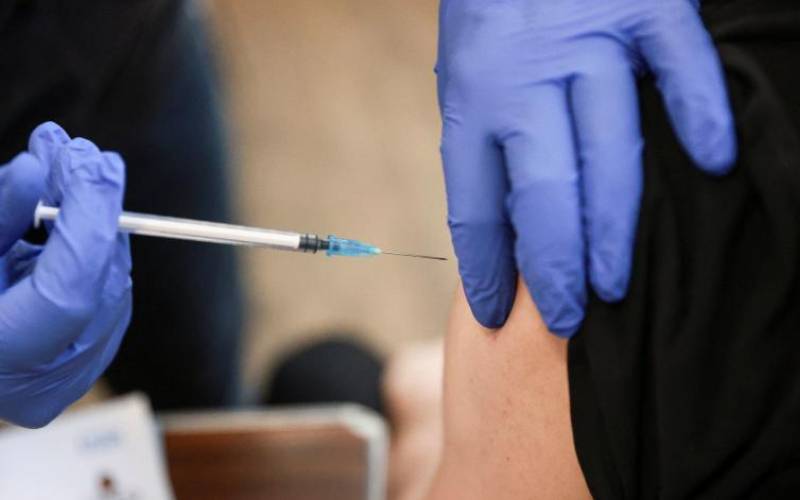×
The Standard e-Paper
Kenya’s Boldest Voice

South Africa has had high hospitalisation, with patients gasping for air and ICU for specialised care. [Courtesy]
Patients who test positive for the Omicron variant of Covid-19 might not require medical oxygen and ventilators, scientists have said.